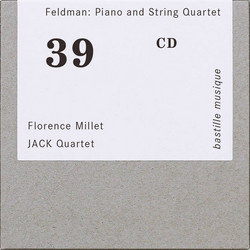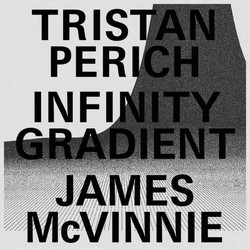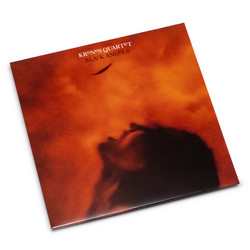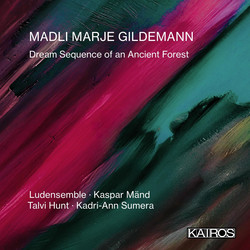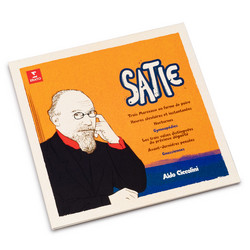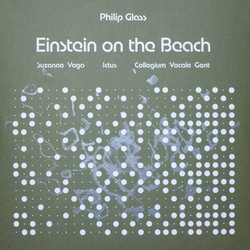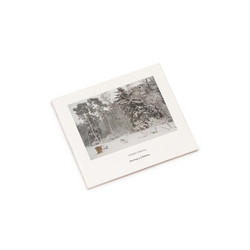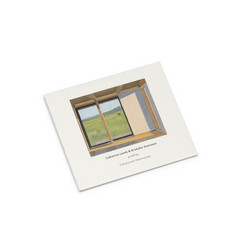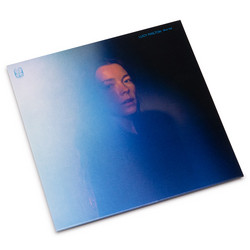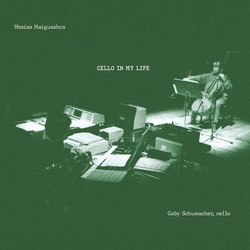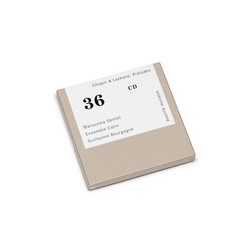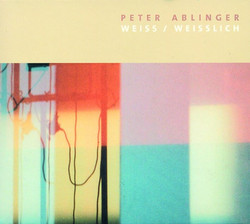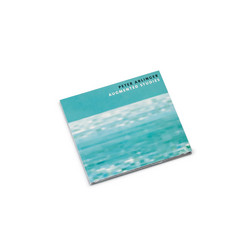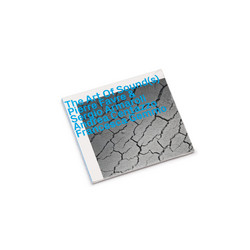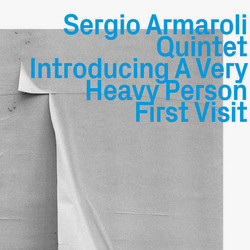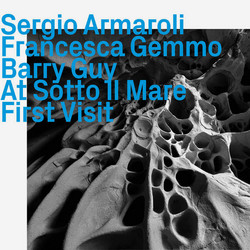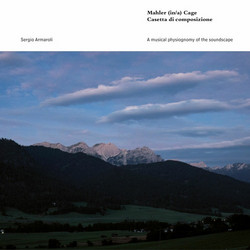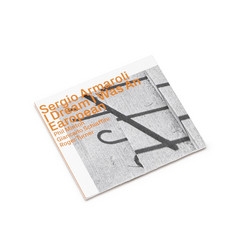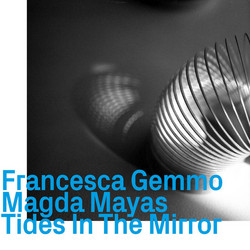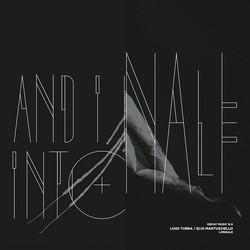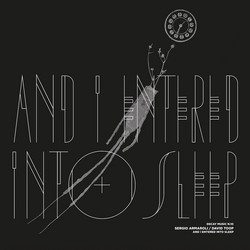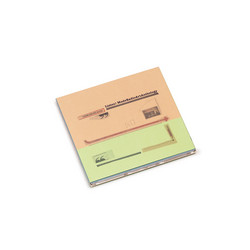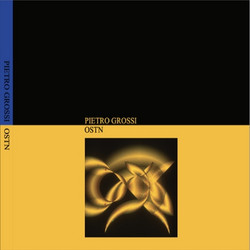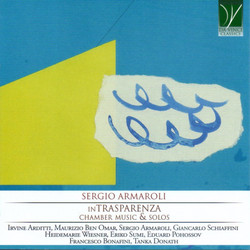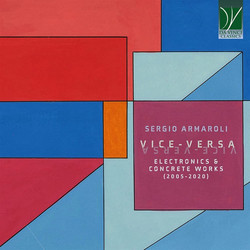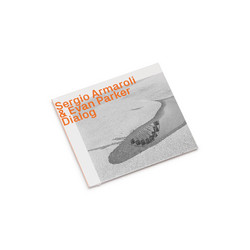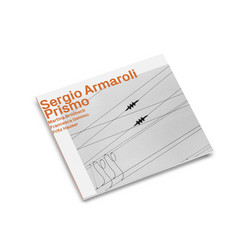Gianni Trovalusci, Francesca Gemmo, Sergio Armaroli
Aleatoric Music in Rome 1955-2023
*2024 stock* "Rome: not only the capital city of Italy, but also an acronym standing for Roman Aleatoric Music Experience. The three musicians of the Rib Trio, featured in this Da Vinci Classics album are all among the leading experts in the field, and they decided to explore a quintessentially Roman phenomenon, i.e. the fertile ground found by aleatoric music in the Roman area, from the post-World-War II years until present-day. Aleatoric music is music whose notational parameters (such as pitch, duration, order of the notes, or also instrumentation, dynamics, articulation etc.) are not entirely defined, in a greater or lesser proportion. They are left to “alea”, to chance; and this can mean either that the interpreters must actively involve chance processes (such as throwing dice or similar) for finding the version they will actually play, or that they are called to improvise following certain given data or rules, but without anyone being able to predict what the actual sound result will be.
Aleatoric music was, in some way, a direct and opposing response to the hyper-detailedness of serial and post-serial music, which, on the contrary, tended to increasingly specify all minimum details of performance. At times, avantgarde scores are so complex to read and to play that it is nearly impossible to respect each and all indications; thus, the hyper-detailedness fatally becomes its opposite, i.e., chance. This compositional stance, partially in polemics with the very systematized compositional techniques of the post-War years, was adopted by many composers worldwide (John Cage is the first name coming to mind), but was slow in gaining a foothold in Italy. Indeed, with the exception of two very original personalities such as those of Bruno Maderna and Sylvano Bussotti, who received the torch of these compositional experiences in a very personal fashion, Italy was rather impermeable to this kind of experiments.
Rome, therefore, was a notable exception, with a whole bunch of great composers who chose to engage in this field. It is a field which also requires an important degree of cooperation with the performers (whereas some modernist composers would have easily renounced the performer’s figure tout court), who are called to a role of co-authorship with the composer. Together, the pieces recorded in this album represent a valuable insight into the quintessentially Roman contribution to aleatoric music." - Chiara Bertoglio



